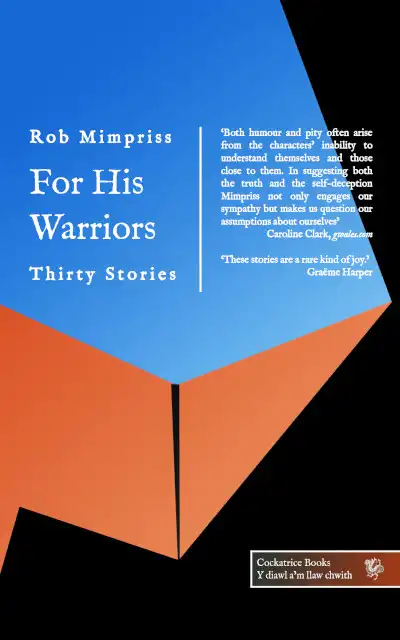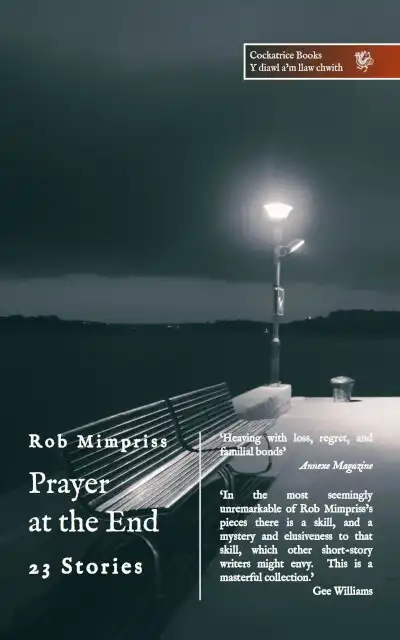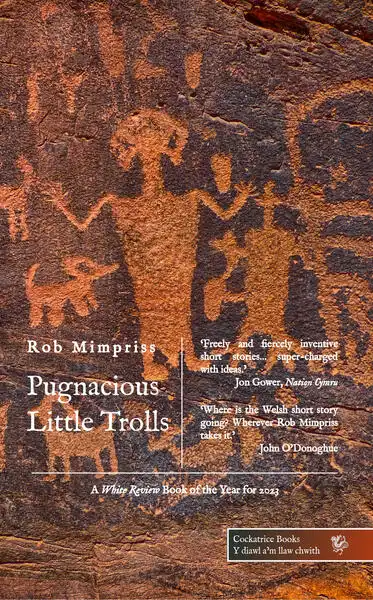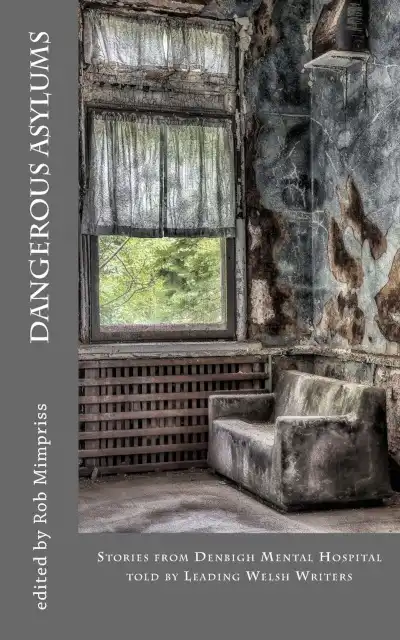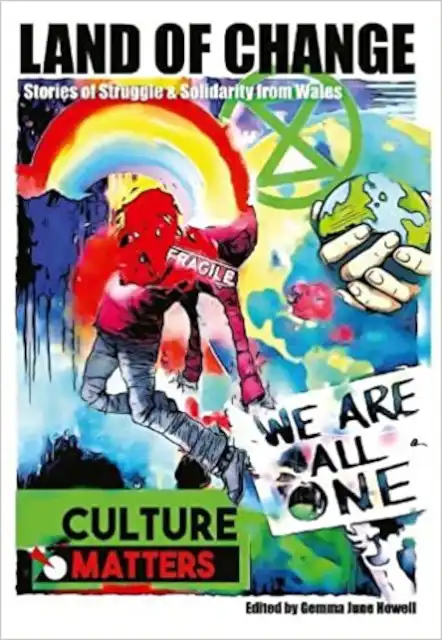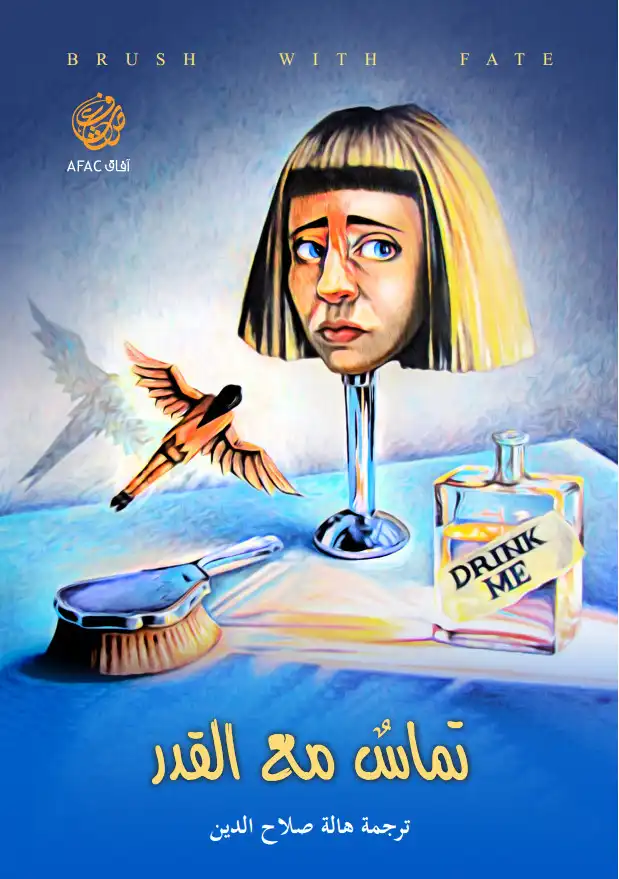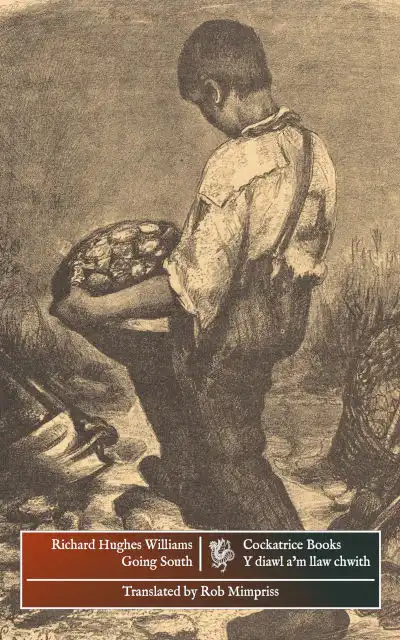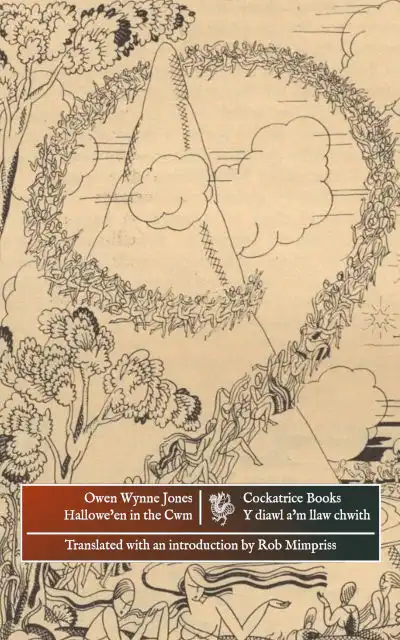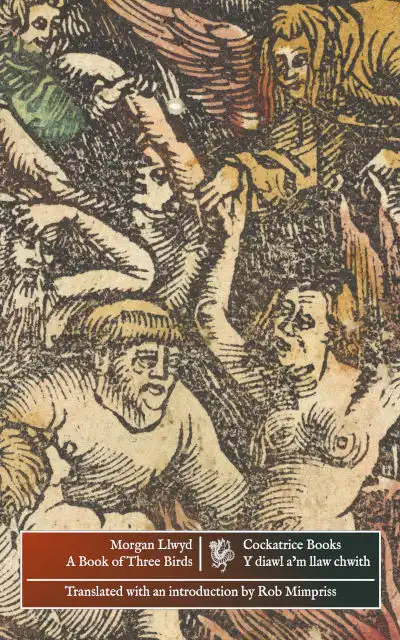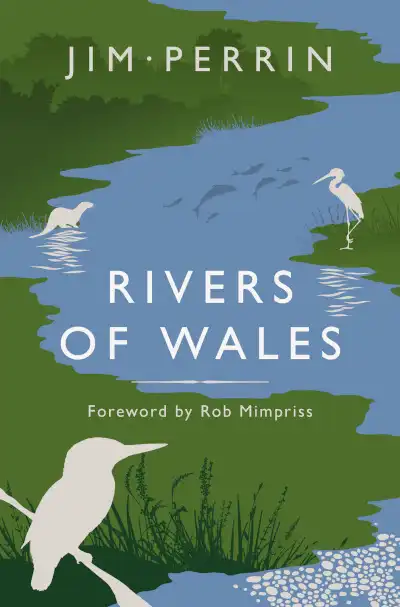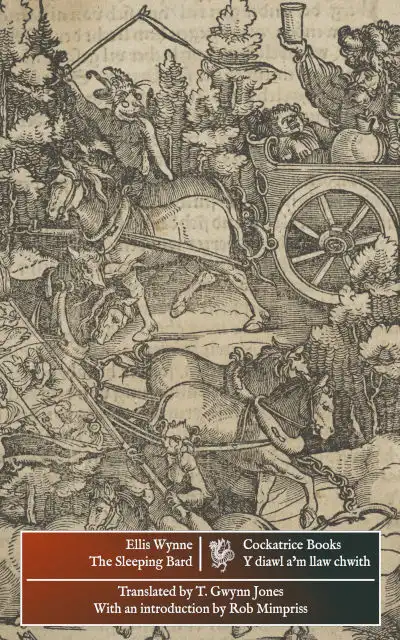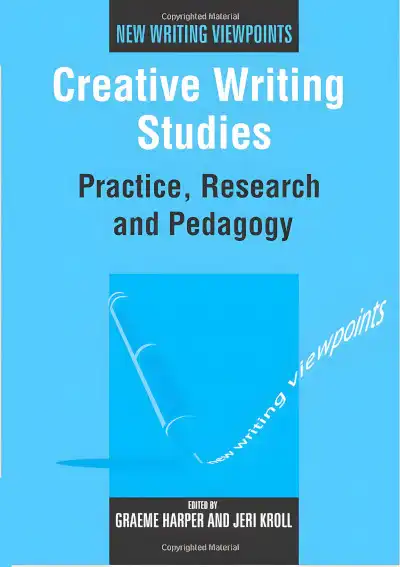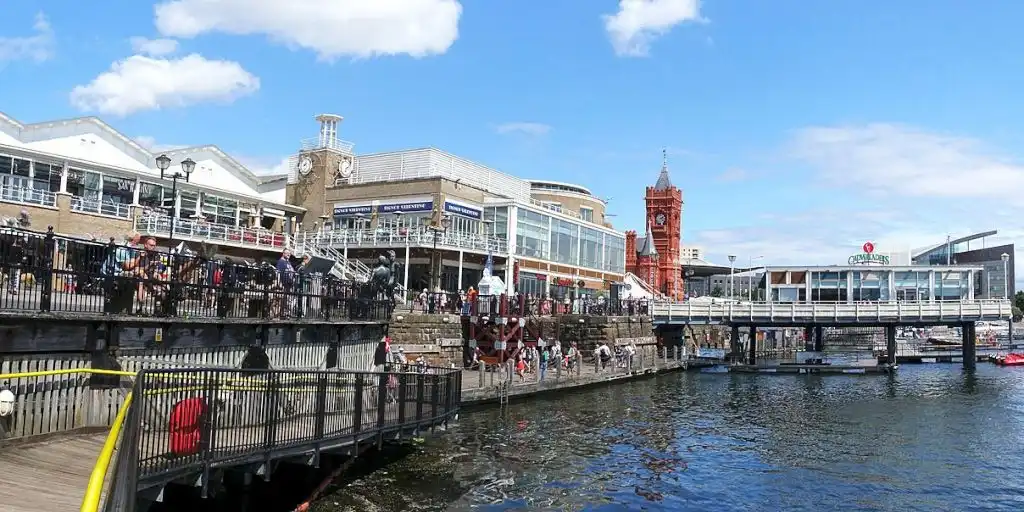‘Lot’ was published in New Welsh Review 35 (1996) 48-49, alongside fiction by Mike Jenkins and Caryl Ward, and thoughts on writing from Emyr Humphreys, Glyn Jones, and Rhys Davies. As I reading the piece now, it seems significantly weaker than stories of mine that were subsequently rejected, and stories of mine that the current editor has returned unread because she does not consider me a contributor to the magazine, but have been published in equivalent journals elsewhere.
Something of the story’s themes and atmosphere resurfaced in a short story called ‘Hinterland.’ New Welsh Review, like Planet and Wales Arts Review, is suffering massive funding cuts that endanger its future, and appreciates support.
The room was in darkness. Only the light from the hall leaked under the door. The door opened a little, and Lewis reached through the opening, fumbling for the light switch. He found the switch, and let the door swing open. ‘This is the living room,’ he said.
The viewer looked over Lewis’s shoulder. He was a younger man than Lewis, and more smartly dressed. He looked at the gaudy catalogue
furnishings of the room, the fireplace, which was dead, the door to the kitchen and the flight of stairs. ‘Can I look round?’ he said.
‘Of course,’ said Lewis. The viewer went into the kitchen. While he was gone, Lewis looked at his watch and crossed to the window. He drew back the curtain and looked out. The house was on a low hill-top. Across the gors, the lights of the Swansea conurbation were twinkling. When the viewer came back from the kitchen, Lewis was pouring himself a double whisky.
‘Do you want a drink? I have sherry and port as well.’
‘Whisky’s fine — if you’re having one.’ The viewer held up his glass to the light before drinking. Ice from the ice-maker tinkled in the amber. The viewer drank.
‘I don’t quite understand why you’re selling the house.’
‘The leech has two daughters. Give, Give, they cry.’
‘I’m sorry?’
‘They’re at a disco tonight.’ Lewis looked again at his watch.
‘The house is too small?’
‘On, no,’ said Lewis hastily. ‘No, not at all. But it’s inconvenient — for school and discos and so forth. You could bring a family here—’
‘I don’t know that it’s come to that yet. At the moment I’m looking for a small base for business trips, nothing more.’
‘You travel a lot?’ said Lewis.
‘I’m an imports representative,’ said the other.
The words were meaningless to Lewis. He watched the imports representative still standing with his drink in his hand. Lewis nudged an arm chair across the floor, and touched a brass lamp on the coffee table. The light shone yellow. He turned off the ceiling light. As he moved round the room touching cushions, straightening covers, he said: ‘It’s really very small. Ideal if you’re travelling on your own much. And it’s got a lot of atmosphere. I don’t know if you’d want to meet partners here…’
‘Is there much wildlife?’
‘No,’ said Lewis. He drew back the curtain again for the viewer to see. ‘There’s not much top soil. Below that, it’s coal dust. Not much grows. No wildlife. And you don’t see night hunters; there’s too much light.’
‘Are we far from the city?’
‘About eight miles. The roads are good. At this time of day, it only takes a few minutes.’
‘But it’s inconvenient for discos.’
Lewis shrugged. ‘So they say,’ he said. ‘I’ve always been happy enough to pick them up at eleven, half ten. And it’s quicker for them than catching a bus, like tonight… At least work will be easier after the move.’
‘Where do you work?’
‘For Swansea City Council. I find lost files.’
‘And the school?’
‘It’s one of the city comprehensives.’
Lewis had finished his whisky. He walked to the drinks cabinet, and poured himself a second. ‘Do you want another drink?’
‘I shouldn’t keep you.’
‘I’ve got to wait up anyway.’ He poured the viewer a second glass. ‘Matured in oak. My brother-in-law sends it to me.’
‘When are you expecting them back?’
‘Nearly an hour ago,’ said Lewis bitterly.
He had placed the whisky bottle and the siphon on a tray. The two sat in opposite chairs near each other, with the tray on a table between them. Lewis was sitting in the lamp light. His shoulders were narrow and rounded, and his hair was a little grey. He was holding the whisky glass very tightly.
‘What are the schools in Swansea like?’ the viewer asked him.
‘There’s a good number to choose from.’
‘Would my children have to learn Welsh here?’
‘My daughters have lost it.’
‘But you speak Welsh?’
‘I grew up in the north.’
‘I see,’ said the viewer. He leaned back in his chair, and watched Lewis drinking his whisky. He finished his glass, and automatically reached forward for the bottle. He caught the viewer looking at him.
‘I don’t normally drink this much.’
‘Why shouldn’t you have a drink?’ said the viewer. Smoothly, he took the glass from him, and mixed his drink. The bottle was nearly empty now. ‘It’s good whisky, as you say.’
‘It’s for special occasions. Supposed to be… Where are those girls? They shouldn’t leave me worrying like that.’
‘They’ll be on the next bus.’
‘I told them to be back by half eleven.’
‘So they aim to be back by half twelve. It’s Saturday night. They’re celebrating.’
‘The next bus is the last,’ said Lewis. His hand curled round the curve of the tumbler. In its movement, it was like a baby’s hand. He drank.
‘Maybe you’re too strict with them,’ said the viewer.
‘I can’t help it. Girls need a mother.’
‘Do they miss her?’
‘They’re too young to remember her.’
‘You never remarried.’
Lewis’s eyes moved past the viewer to the window. The sound of an engine had distracted him. Lewis tried to get out of his seat, but the viewer was faster. He crossed to the window, and drew back the curtain. The bus was labouring up the hill. By the lights over the seats, he could see that the bus was almost empty. It turned, and its head lights caught the edge of the window. Then it went past the house without stopping. The sound of its engine died away.
‘They probably went on to some night club,’ said the viewer.
‘They wouldn’t deliberately miss the last bus.’
‘They bumped into a friend. They’re tucked up in a sleeping bag on somebody’s floor.’
‘I don’t trust their friends,’ said Lewis. He drank the whisky like milk. He kept his eyes closed. A little water escaped from under his
eyelids.
‘They’ll be back tomorrow,’ said the viewer. ‘Go to bed.’
‘Don’t you think I should drive in and look for them?’
‘They’ll be back safe and sound tomorrow morning. You’ll see.’
Lewis was about to rise. He stopped.
‘You’ve not seen the upstairs yet.’
‘I’ll have a look now,’ said the viewer.
The viewer mounted the stairs. He entered the father’s room. It was large, and quite sparse. His pyjamas lay folded at the foot of the
double bed; on the chest of drawers was a small collection of cosmetics. The viewer picked up a book on the locker. Y Beibl Sanctaidd. There were a number of commentaries in English on the shelf. Evangelicals Anonymous.
The viewer went into the girls’ room. It was the smaller of the two rooms. A bunk stood in the corner, bed clothes disarranged. Two up, two down, thought the viewer. Night time confidences. Giggles going through the wall as they joke at their father’s conservatism. On the walls, posters of pop group heroes were mixed with drawings done in childhood. To Daddy, with love from the girls. The viewer looked at the dressing table. All but the bottom drawer open. He touched the edge of one of the drawers, and looked at the dust on his finger with distaste. When he went downstairs again, Lewis was sobbing quietly.
‘I’ll leave you in peace,’ said the viewer.
Lewis said nothing. The viewer observed him for a moment. At last, he said, ‘Come on, it’s time you went to bed.’ He man-handled Lewis into a standing position, and took him upstairs to his room. Lewis slumped down on the bed. He seemed to have forgotten how to undress himself. The viewer helped him take off his shirt and trousers, and made him climb under the sheets in his underwear. He folded the clothes over a chair, and left the room. Downstairs, he poured the last of the whisky into a glass, and once again held it to the light before he drank. He drank slowly. Then he washed up the glasses and put them away, and put the bottle in the kitchen bin. He left the house, pulling the door until it locked behind him. The street lamps gave the sky the colour of sulphur.

